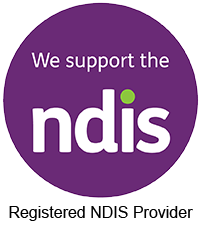The human voice provides the basic sound for speech and singing. It expresses much of the meaning of what we want to say. Our voice tells other people a lot about our emotions, personality and physical and emotional health.

Voice Disorders
Children or adults may have a voice problem when they experience:
- A hoarse, husky, croaky, strained, strangled or shaky voice
- A voice that is too soft to be heard easily
- A voice that doesn’t carry well over background noise or across large distances
- A voice that sounds higher or lower in pitch than the voices of other people of the same age and gender
- A voice that doesn’t have its usual variation and flexibility in pitch and loudness
- A feeling of a tired voice after talking
- A feeling that it is an effort to use their voice
- A tight, scratchy, dry, uncomfortable or sore throat during and/or after talking
- A need to cough or clear the throat during and/or after talking
Any of these symptoms can happen when the vocal folds (vocal cords) in the larynx (voice box) are not working effectively.These symptoms may or may not be seen along with an abnormality in the larynx (e.g. swelling, inflammation, bleeding, fungal infection or tumour, paralysis of the vocal folds, tremor (shaking) of the larynx and/or vocal folds, or spasm of the vocal folds).
Speech Pathologists at Horizon work with those with voice difficulties, often in collaboration with Ear, Nose and Throat Specialists and often with singing teachers and gastroenterologists.

